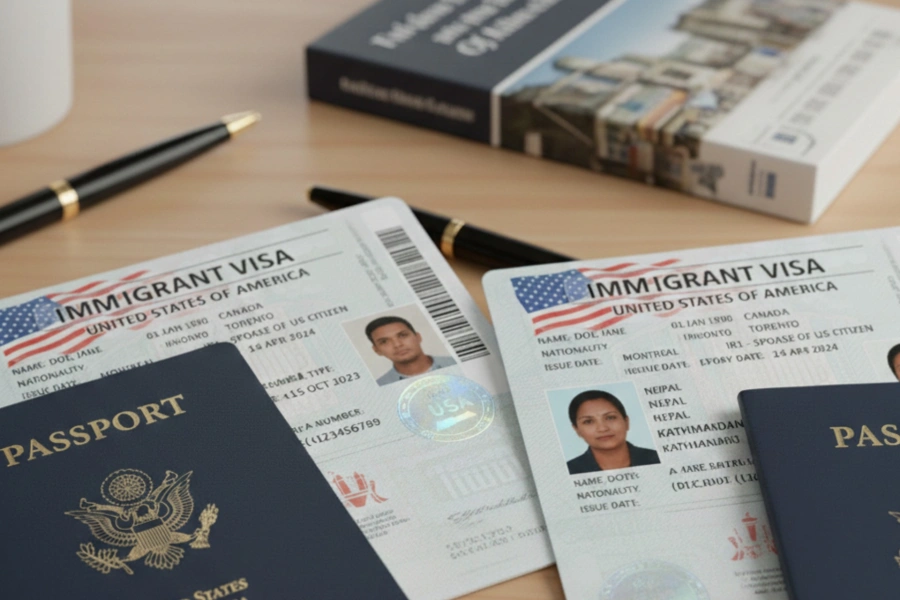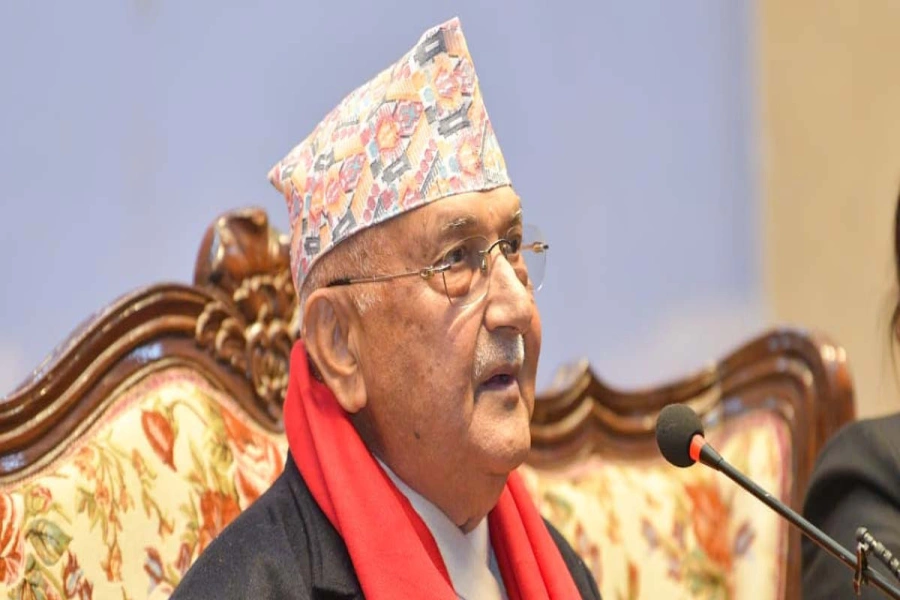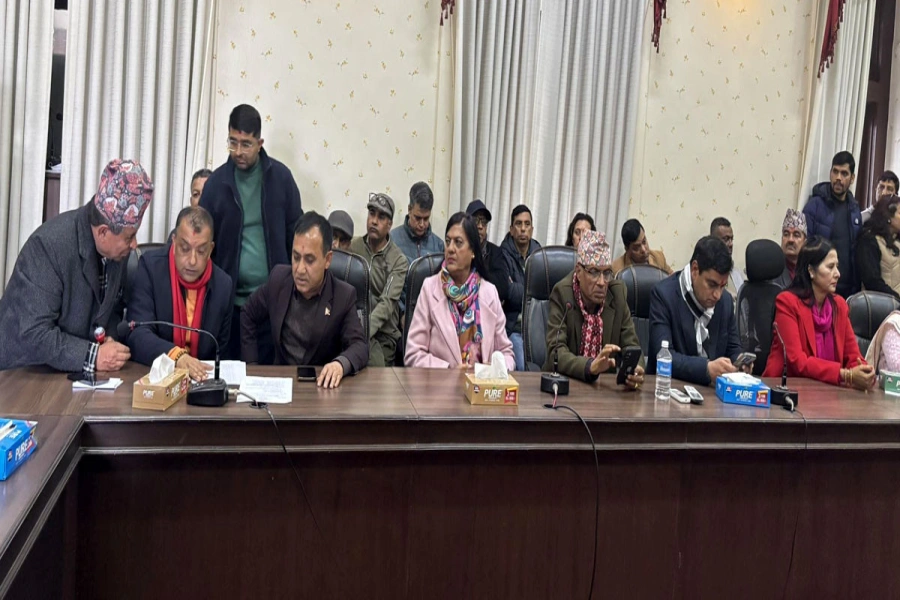Forty-year-old Biralal Mahato and 45-year-old Bihari Mahato of Gopalgunj-9 were injured in the explosion that occurred at 3:30 pm.
Police said Biralal´s eight-year-old daughter Neha brought the improvised explosive device to her home believing it was a toy. She found the device hear Kankali Higher Secondary School.
11 injured in clash between protesting employees and police in...





































